As carbon dioxide accumulates in the atmosphere, the Earth will get hotter. But exactly how much warming will result from a certain increase in CO2 is under study. The relationship between CO2 and warming, known as climate sensitivity, determines what future we should expect as CO2 levels continue to climb.
Ice age climate analysis reduces worst-case warming expected from rising CO₂ retrieved 17 April 2024 from https://phys.org/news/2024-04-ice-age-climate-analysis-worst.html
This document is subject to copyright. Apart from any fair dealing for the purpose of private study or research, no part may be reproduced without the written permission. The content is provided for information purposes only.Use this form if you have come across a typo, inaccuracy or would like to send an edit request for the content on this page. For general inquiries, please use ourThank you for taking time to provide your feedback to the editors.
Your feedback is important to us. However, we do not guarantee individual replies due to the high volume of messages.to let the recipient know who sent the email. Neither your address nor the recipient's address will be used for any other purpose. The information you enter will appear in your e-mail message and is not retained by Phys.org in any form.Get weekly and/or daily updates delivered to your inbox.
Physics News Science News Technology News Physics Materials Nanotech Technology Science
United States Latest News, United States Headlines
Similar News:You can also read news stories similar to this one that we have collected from other news sources.
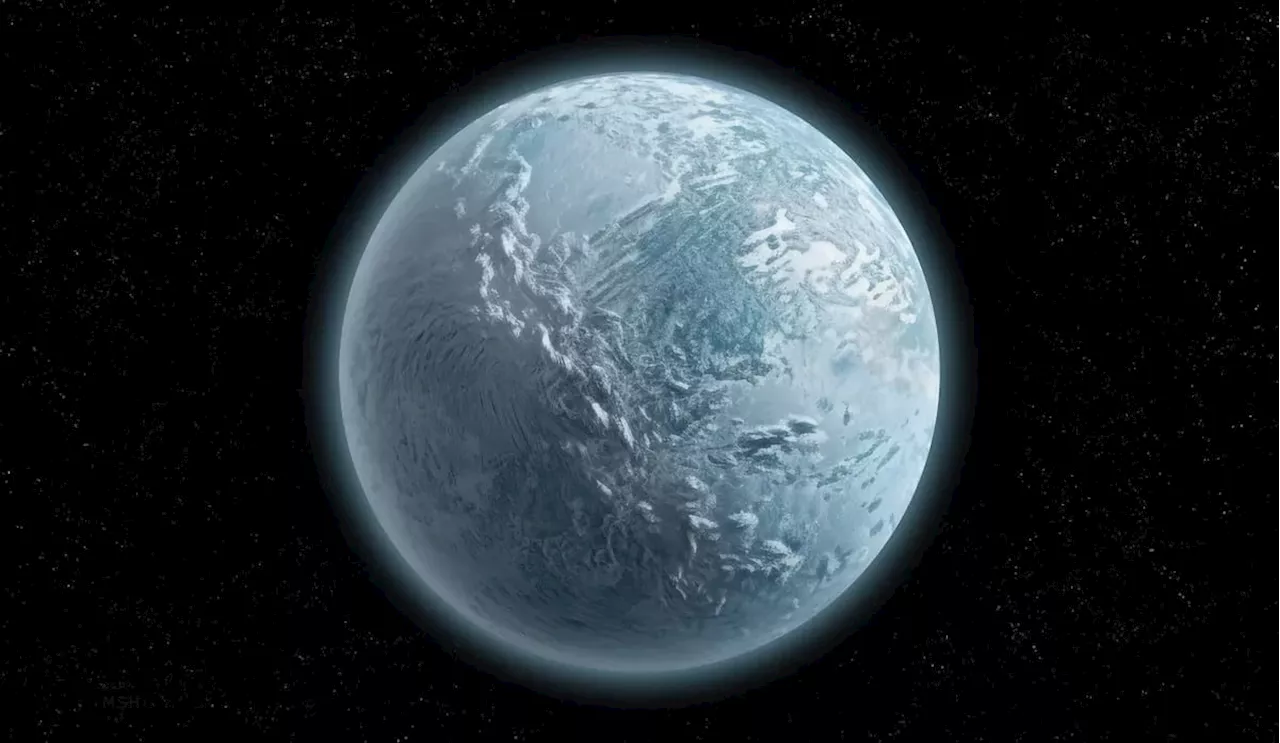 Yale Study Unveils Asteroid Strikes As Possible Trigger for Earth’s Ice AgesScience, Space and Technology News 2024
Yale Study Unveils Asteroid Strikes As Possible Trigger for Earth’s Ice AgesScience, Space and Technology News 2024
Read more »
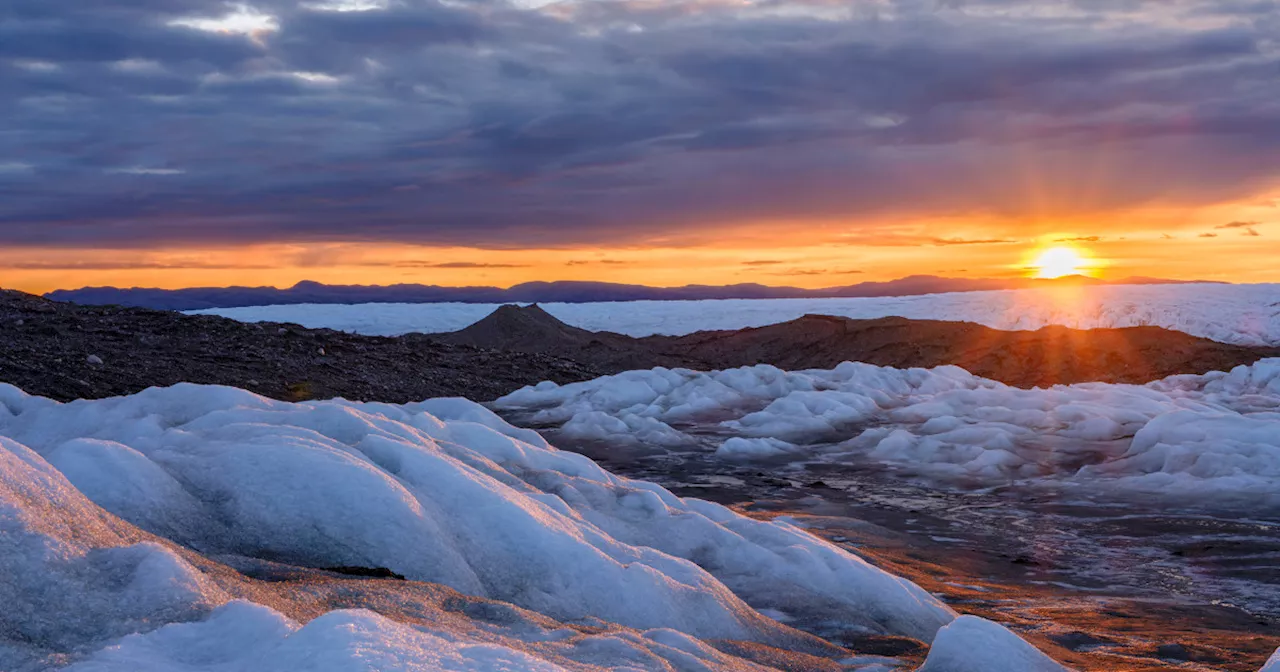 Melting polar ice is slowing Earth’s rotation and may affect timeEvan Bush is a science reporter for NBC News. He can be reached at Evan.Bushnbcuni.com.
Melting polar ice is slowing Earth’s rotation and may affect timeEvan Bush is a science reporter for NBC News. He can be reached at Evan.Bushnbcuni.com.
Read more »
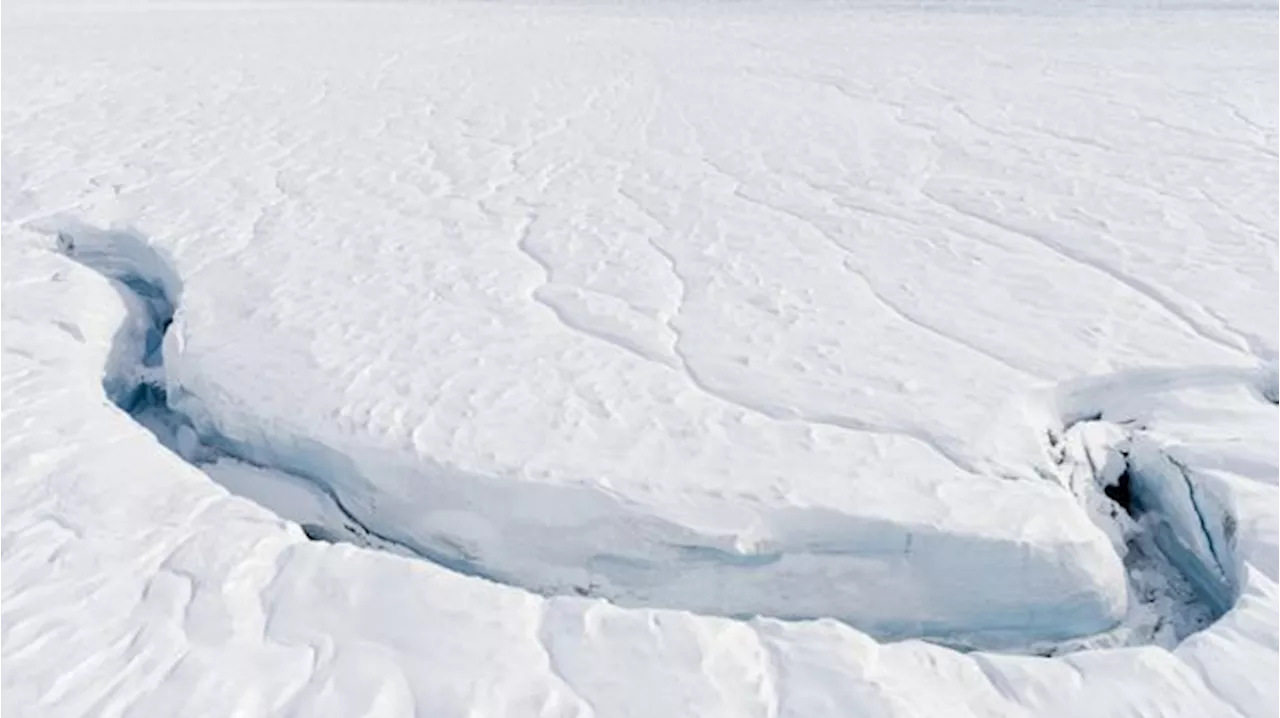 Climate change and polar ice melting could be impacting the length of Earth's dayRobert Lea is a science journalist in the U.K. whose articles have been published in Physics World, New Scientist, Astronomy Magazine, All About Space, Newsweek and ZME Science. He also writes about science communication for Elsevier and the European Journal of Physics. Rob holds a bachelor of science degree in physics and astronomy from the U.K.
Climate change and polar ice melting could be impacting the length of Earth's dayRobert Lea is a science journalist in the U.K. whose articles have been published in Physics World, New Scientist, Astronomy Magazine, All About Space, Newsweek and ZME Science. He also writes about science communication for Elsevier and the European Journal of Physics. Rob holds a bachelor of science degree in physics and astronomy from the U.K.
Read more »
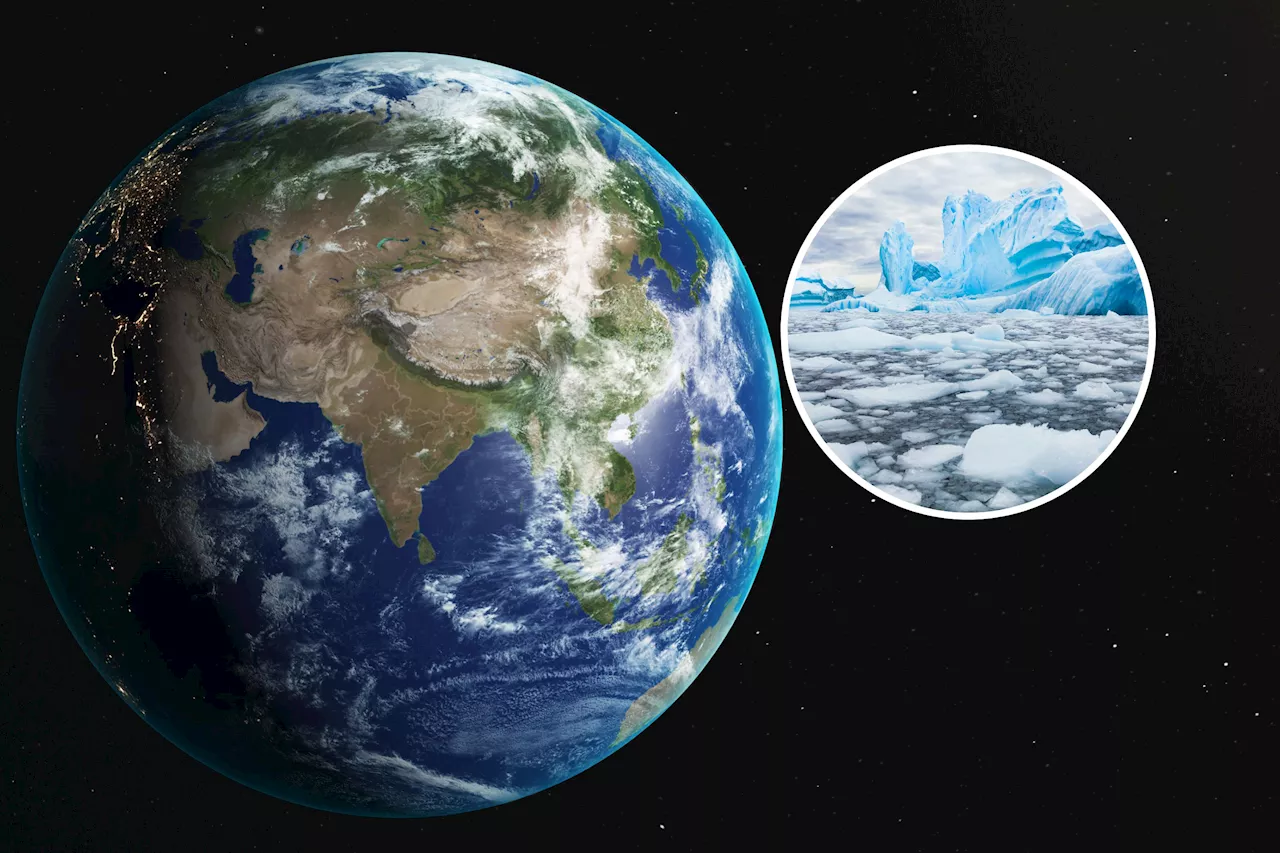 Earth's Rotation Is Changing Because of Melting Polar Ice'Global warming is already affecting global timekeeping,' researcher Duncan Agnew said.
Earth's Rotation Is Changing Because of Melting Polar Ice'Global warming is already affecting global timekeeping,' researcher Duncan Agnew said.
Read more »
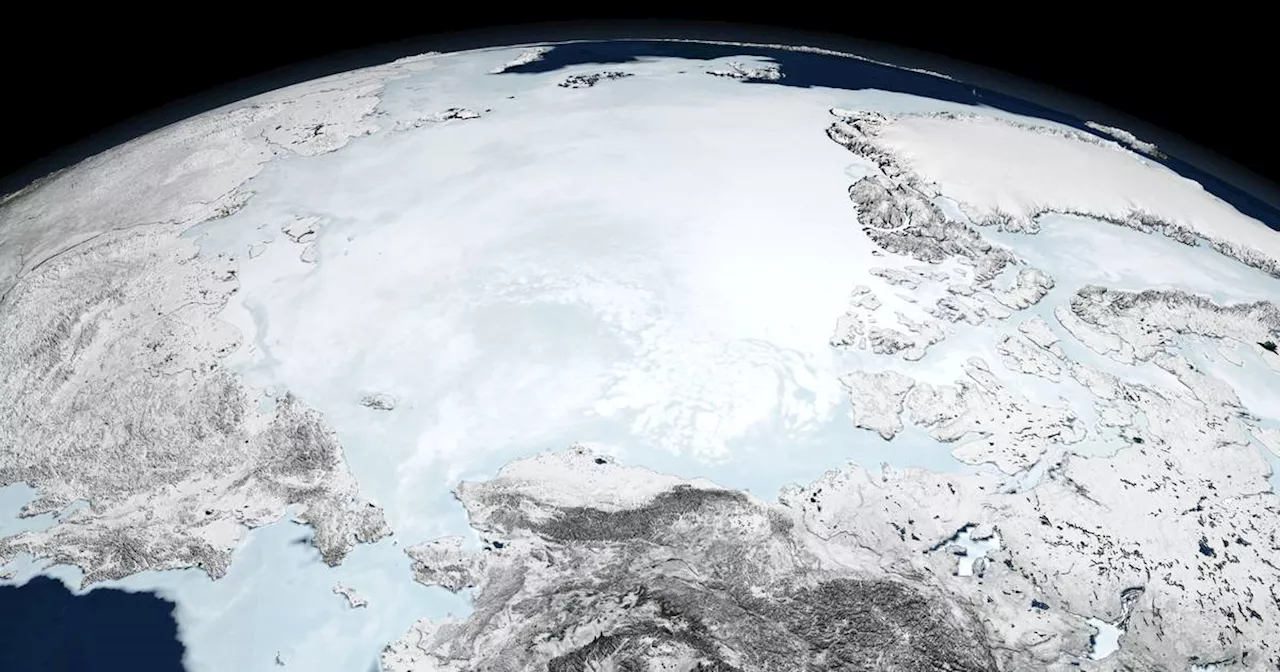 Polar ice melting is messing with Earth’s rate of rotation, study saysFor the first time in history, world timekeepers may have to consider subtracting a second from official clocks.
Polar ice melting is messing with Earth’s rate of rotation, study saysFor the first time in history, world timekeepers may have to consider subtracting a second from official clocks.
Read more »
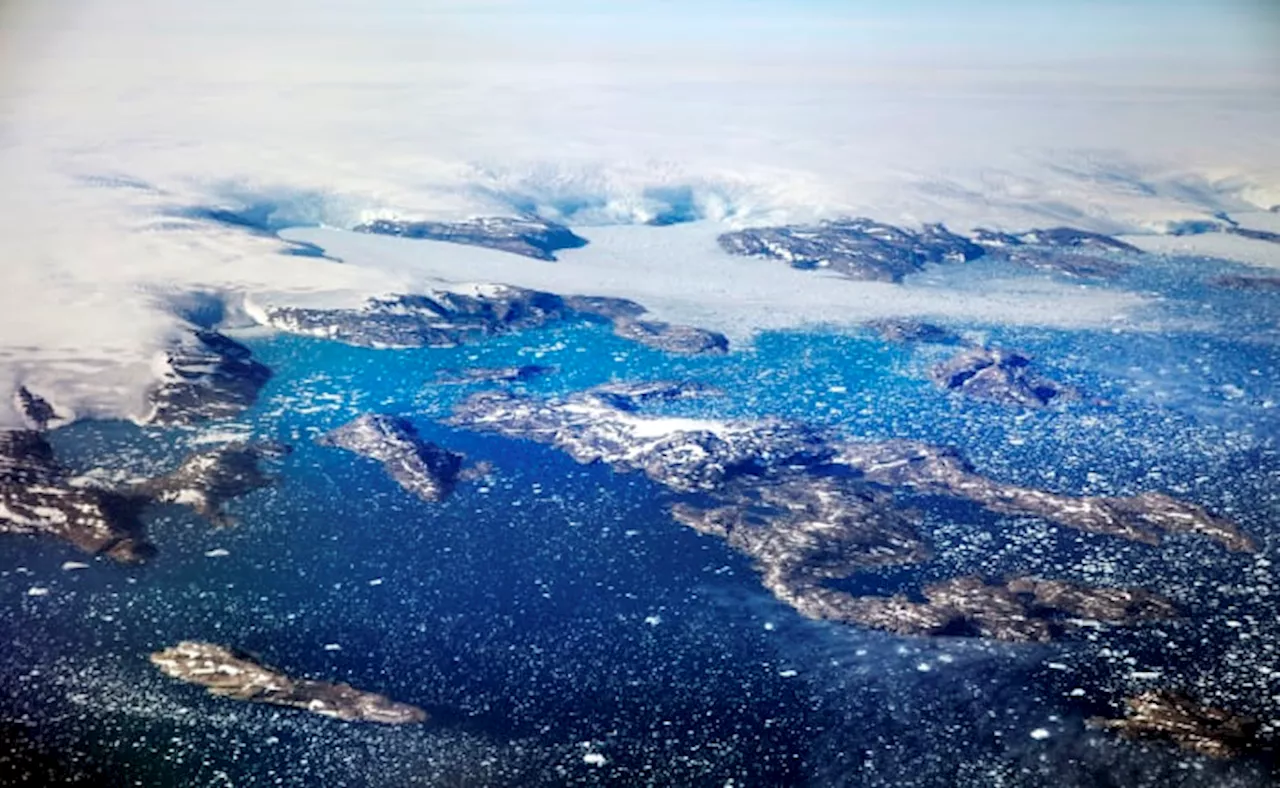 Earth’s rotation is slowing down due to melting ice, satellite measurements showThe Earth’s rotation isn’t always constant, leading to the need for adjustments in our clocks. Recent satellite measurements reveal that the Earth’s rotation is slowing down faster than before due to melting ice in places like Greenland and Antarctica.
Earth’s rotation is slowing down due to melting ice, satellite measurements showThe Earth’s rotation isn’t always constant, leading to the need for adjustments in our clocks. Recent satellite measurements reveal that the Earth’s rotation is slowing down faster than before due to melting ice in places like Greenland and Antarctica.
Read more »
